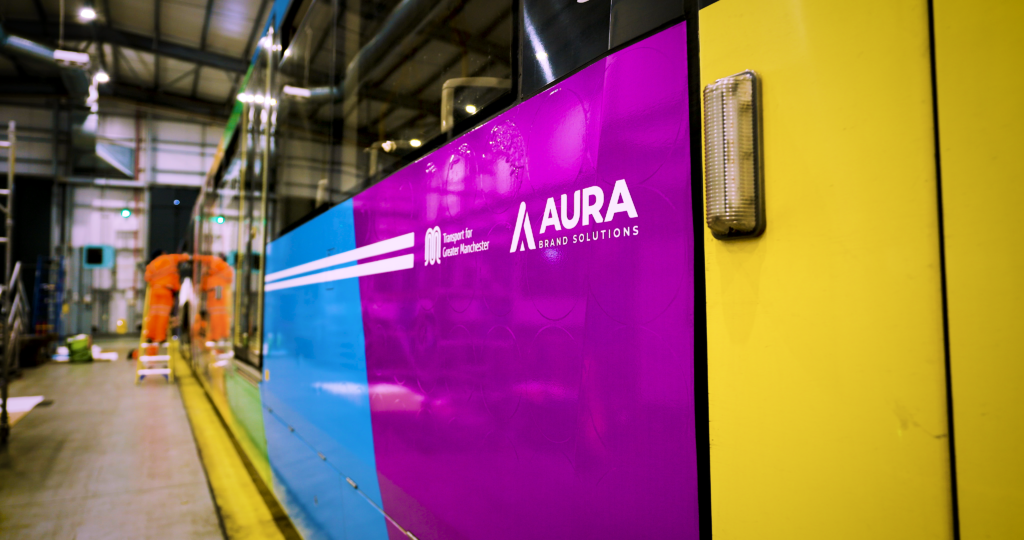I firmly believe that in the world of video, you get what you pay for. After all, why else would cinematographers like the great Roger Deakins earn upwards of $30,000 per day? Okay, that’s an extreme example, but bare with me. In this post, I’m going to dive into how video services tend to be priced, and why you shouldn’t necessarily go for the cheap videography, but videography offering great value.
Pricing structures
Firstly, let’s talk about the 2 structures on which the vast majority of videographers base their quotes: day rates and project rates. A day rate is what it says on the tin: the price a videographer would charge for a day of their time. Some would also offer a half-day rate. For the record, this is something I’ll occasionally do if the job is a) particularly short, one hour or less and b) very close to home. Otherwise, with setup, ingesting and sending the footage, and travel, it’s just not worth it – an opinion shared by most I know in the field in Manchester and beyond. For the record, I charge a day rate of £450 for shooting and £350 for editing, but the majority of my work is priced on a project basis, which significantly reduces these costs.

Project rate is, you guessed it, when a quote is given for an entire project. I’ll usually arrive at this quote by roughly estimating the amount of shooting and editing days that will be required, adding some time on for pre-production, then knocking off a fair chunk of the total depending on how big the project is. A day of shooting and a day of editing gets a modest discount; a week of shooting and 20 days of editing will get a much heftier discount, as one of the main risks of contracting (not getting enough work) has now been removed for the next month at least.
Now I’ve explained how these things tend to be priced, we’ll go through a few reasons why cheaper doesn’t always mean better value.
1. Sub-standard gear
Gear isn’t everything, but it is important. Cameras capable of shooting in 4K are everywhere these days, and pretty cheap. In fact, if ‘4K camera’ is a big selling point of the videographer you’re speaking to, this should set off alarm bells. For one, it’s standard these days and shouldn’t be seen as a big deal – even if you opt for cheap videography due to constrained budget, you should still be getting 4K footage these days. Secondly, your image might be 4K, but a cheap camera body is going to struggle to produce an image without noise, especially when shooting at an event where light can’t be properly controlled. Good low-light capabilities are essential, especially in these run-and-gun situations. You may also want shallow, cinematic depth-of-field, which gives video a premium, professional quality – this is much more difficult to achieve on a small-sensor camera than one with a full-frame sensor like the FX6.

Ask about sensor size – if they’re running with full-frame or Super35 they should have great low-light capabilities (meaning imperceptible noise if used correctly) and the ability to achieve shallow depth-of-field, as well as a high dynamic range (the range of colours your camera can capture) to make your content shine. APS-C is the next size down and can also produce some beautiful images.
None of this is to say a smaller sensor can’t do the job, but it’s unlikely to look as professional, and may suffer from extremely high levels of noise in anything but perfect lighting conditions.

2. Peace of mind
Anyone charging the lowest of prices, which I’d class as less than £200 for a full day’s filming, is likely not to have the experience to give you peace of mind that your footage will be delivered on time and as requested. Things like capturing unusable footage because settings weren’t properly adjusted, losing footage due to improper media management, and even plain old forgetting to hit record are all errors that inexperienced videographers will at some point make – I know I did! We all have to start somewhere, but do you want your business or event to be someone else’s training run?
3. Flexibility
Plans and project requirements change, and you want a videographer that can adapt. That means having a wide range of lenses and other equipment, as well as the experience to be able to adapt on the fly because using all that gear is second nature. A last minute change of venue could spell disaster if your videographer had planned on a small room but your conference has been moved to a bigger hall. Likewise, if you ever feel the need to ask: ‘can we do this?’, you want to know the answer is most likely going to be ‘yes’.
4. Bad video is worse than no video
A good video can elevate a website, brand or social media page. Likewise, an unprofessional, amateurish one can drag whatever it touches down. Don’t fall into the trap of thinking ‘any video will do’. Like a blurry, low-res photo, a poorly made video can make your website/brand look cheap and unprofessional. Why take that risk?
In conclusion, think of your ROI
In the end, your individual needs are going to dictate what you’re willing to spend on a videographer. One piece of advice I always give is to look at it in terms of return on investment. How many extra products would you need to sell to justify the cost of the video? How many additional clients need to be engaged? If you think a good video would bring in an additional 2 clients per month at £200 per client on average, it’s going to be well worth spending a little more up front.
It’s not about price, it’s about value. I’ve priced Raccoon on the Run’s services accordingly – we’re middle of the road in cost, and top of the range in quality and process. To book a free consultation or find out more, get in touch today.


